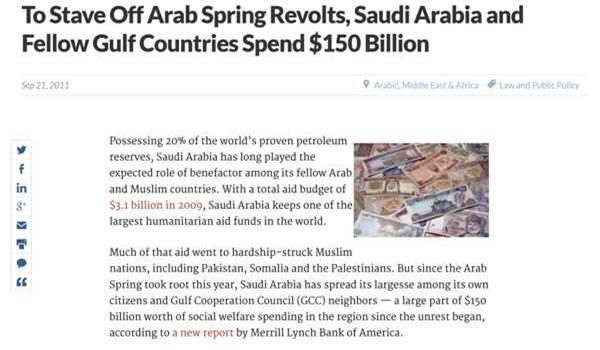The ringgit headed for the longest stretch of gains in a month and stocks rose on optimism debt-ridden state investment company 1Malaysia Development Bhd is close to finalising the sale of property assets for US$2.6 billion (RM11 billion).
Singapore’s Straits Times reported today that a group consisting of China Railway Engineering Corp and Iskandar Waterfront Holdings are the frontrunners to take a controlling stake in the development known as Bandar Malaysia in Kuala Lumpur for more than RM11 billion.
That comes on the heels of 1MDB’s agreement with China’s General Nuclear Power Corp last month to offload its power assets for RM9.83 billion.
The sales may help appease lawmakers who have criticised 1MDB, whose board is chaired by Prime Minister Datuk Seri Najib Razak, for accumulating RM42 billion debt in less than five years.
The contingent liabilities referred to by Fitch Ratings when it warned of the risk of a credit-rating downgrade earlier in the year have weighed on sentiment for Malaysia, and along with oil’s decline have helped make the ringgit Asia’s worst-performing currency in 2015.
“The fact that 1MDB is close to selling its stake in Bandar Malaysia is another reason to be less dire about 1MDB and the outlook for Malaysian assets,” said Vishnu Varathan, a Singapore-based economist at Mizuho Bank Ltd, the third-most accurate forecaster of the ringgit in the four quarters ended September 30.
“The contingent-liability aspect becomes a less pressing risk for Malaysia.”
The ringgit strengthened 0.5% to 4.2067 a dollar as of 10.53am in Kuala Lumpur for a third day of gains, according to prices from local banks compiled by Bloomberg.
It’s 0.4% off a seven-week high reached on Friday. The FTSE Bursa Malaysia KLCI Index of shares added 0.3%, its first increase in almost a week.
Oil’s drop 1MDB president Arul Kanda Kandasamy said in August he plans to raise some RM12 billion from the Bandar Malaysia sale.
The company is in the final stages of selling its 60% stake and a deal could be announced this week, the Straits Times reported, without saying where it got the information.
Before the firm announced in February that it planned to wind down its operations, it had come under scrutiny after almost defaulting on a loan.
Optimism over the asset sales helped shield ringgit from a selloff in Brent crude, which extended losses after the Organisation of Petroleum Exporting Countries failed to make any agreement on production cuts, and instead abandoned a long-time strategy of limiting output to control prices.
The cost of the commodity has fallen 25% this year, weighing on the finances of Malaysia, which is Asia’s only major net oil exporter.
The cost of insuring Malaysia’s government bonds has dropped from the year’s high of 247 basis points in September.
Five-year credit-default swaps fell two basis points to 175 on Friday, approaching the three-month low of 168 reached in November, CMA prices show.
Ten-year notes were little changed today, with the yield at 4.21%.











